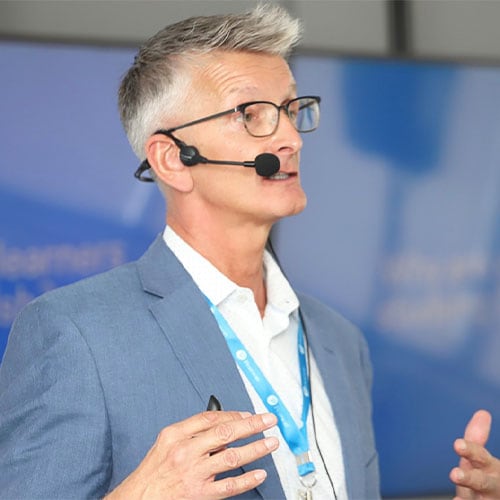We all use phrases to express our emotions and feelings. These are known as idioms – an expression with a figurative meaning that differs from its literal meaning. Sometimes they don’t appear to make any sense at all and this is because they have evolved to mean different things.
We’ve previously looked at some of the strangest English phrases – where they came from and what they mean. But these quirks of speech exist in many different languages. Here, we take a closer look at some common phrases and you’ll see that translating your favorite sayings into English can produce some amusing results.
Not my circus, not my monkey
This idiom, “nie mój cyrk, nie moje malpy”, is used by Polish speakers to state that something is not their responsibility or “not my problem”.
An English phrase with a similar meaning is: “Tell it to the hand.”
Not all doughnuts come with a hole
This English translation of the Italian phrase “non tutte le ciambelle riescono col buco”, is a reminder that things do not always turn out the way we expect. A “ciambelle” is a round cake that is popular as a treat in Italy.
An English phrase with a similar meaning is: “You win some, you lose some.”
The raisin at the end of a hot dog
This Icelandic saying, “rúsínan í pylsuendanum”, acknowledges that it’s not usual to find a raisin at the end of a hot dog – so sometimes you might find an unexpected surprise at the end of something.
An English phrase with a similar meaning is: “Out of the blue.”
I’m not hanging noodles on your ears
This Russian saying, “вешать лапшу на уши”, means you’re not trying to fool someone, emphasising that what you’re saying is true – even if it appears to be a surprise.
An English phrase with a similar meaning is: “I’m not pulling your leg.”
As clear as dumpling broth
A sarcastic saying from Germany, “klar wie Kloßbrühe”, means that something is not at all clear – because dumpling soup is not at all clear or easy to see through.
An English phrase with a similar meaning is: “Clear as mud.”
Pay the duck
This Portuguese phrase, “pagar o pato”, is used when someone takes the blame for something they didn’t do.
An English phrase with a similar meaning is: “Be the fall guy.”
Give pumpkins to someone
We’re not sure why giving pumpkins to someone became such a bad thing in Spanish-speaking countries, but this idiom, “Dar calabazas a alguien”, means that you reject someone.
An English phrase with a similar meaning is: “Show them the door.”
To let a frog out of your mouth
This Finnish saying, “päästää sammakko suusta”, is uttered when someone accidentally says something they shouldn’t have. There’s an animal-related English phrase that is similar, but it involves cats...
An English phrase with a similar meaning: “To let the cat out the bag.”
Not the yellow from the egg
The German idiom “nicht das Gelbe vom Ei” literally translates to "not the yellow from the egg," and it is used to express that something is not particularly good. This phrase often implies that while something may be acceptable, it falls short of being excellent or ideal.
An English phrase with a similar meaning: “It's less than perfect.”




